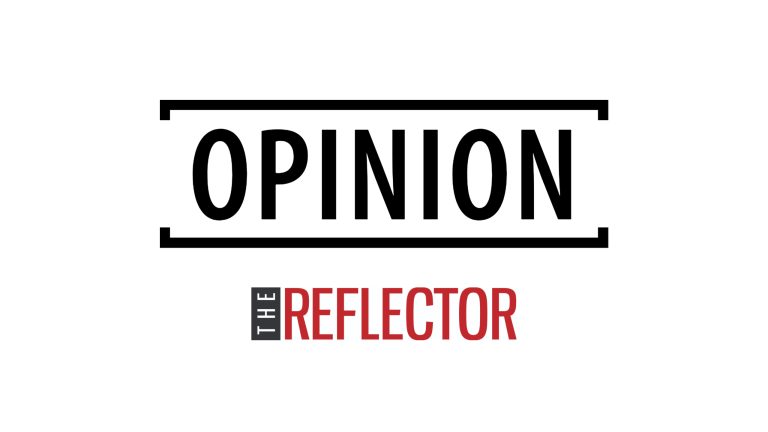The other day I was listening to a conversation amongst a few people. At some point in the conversation, someone said, “Gee, why do you have to be so retarded all the time?” After this statement, I quickly packed up my things and exited the table, leaving the group confused as to why I left so abruptly. I left abruptly not because I was ready to leave, but because they used the worst word in the English language. They used the word retarded.
According to Webster’s dictionary, the definition of the word retarded is, “people who are slow or limited in mental development.”
The phrase was broadly used in the medical field to describe someone with a mental disability. The first use of the word retarded in the medical field was documented as early as 1895, and by the 1960s was seen as a slur, according to the Community Counseling Services website.
However, in current usage, the word retarded has an expanded meaning and is used as another term for “dumb, stupid or unintelligent.” Most people use it to describe a situation, but unfortunately it can be used directly to describe someone in a derogatory manner.
I know personally about how calling someone or something retarded can affect them in a deep manner. I was diagnosed with a mild form of autism, known as Asperger’s Syndrome, when I was about 16 years old. At first, I was ashamed to say I have autism, but now I am proud and wear my autism like a badge of honor. Before being diagnosed, I would use the word retarded in my daily conversations. I would never call someone that, but I would use it to describe a situation.
Within a few months of my diagnosis, I had someone call me a retard. I clearly remember that day, because it was just a few days before Homecoming, a time that was supposed to be exciting, and instead I was crying and wishing I could hide away forever. Being called a retard that day not only deeply offended me, but opened my eyes to how abusive this term really is and why it needs to be put to rest.
According to r-word.org, “When ‘retard’ and ‘retarded’ are used as synonyms for ‘dumb’ or ‘stupid’ by people without disabilities, it only reinforces painful stereotypes of people with intellectual disabilities being less valued members of humanity.”
In my opinion, this word also creates a sense of loneliness for a person, something that may lead to worse behavior in the future. I may be only one person, but I think I can speak for other individuals on how much this word hurts.
On Oct. 5, 2010, President Barack Obama signed a bill that became known as “Rosa’s Law.” According to the Special Olympics website, “the law removes the terms ‘mental retardation’ and ‘mentally retarded’ from federal health, education and labor policy and replaces them with people first language ‘individual with an intellectual disability’ and ‘intellectual disability.’”
The problem with signing this bill into law is that it only changed the language on a federal level, not a state level.
After looking at the article “The ‘R word: A History of the Term & Which States Still Use It,” written online by the Special Education Guide, I am sad to say that our own great state of Indiana still uses these derogatory terms. Along with Indiana, there are three other states that have not made a move to change the terminology. While signing “Rosa’s Law” was a step in the right direction, there should be more public campaigns to help people realize how demeaning this word is. No one deserves to be treated like this, and if every person reading this article were to adopt this idea, then the world would be a much more accepting place.
If you would like to pledge to never use the R-word again, please visit www.R-word.org.






